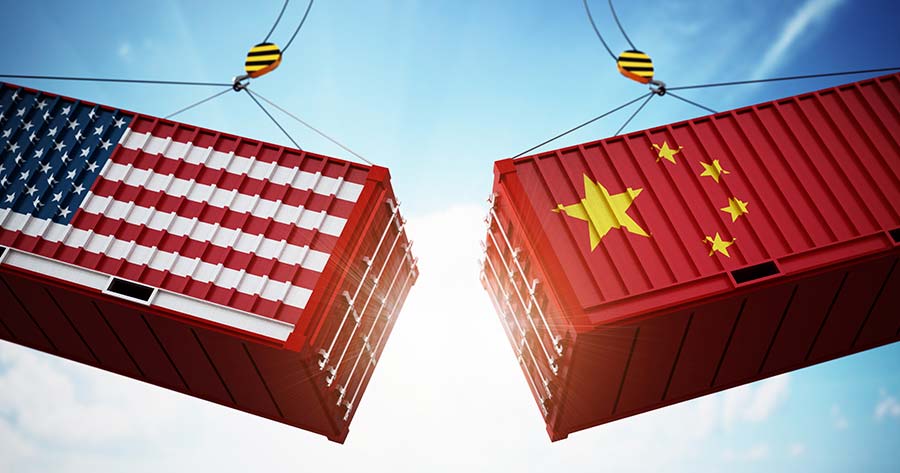As the 90-days trade truce between the United States and China reaches its expiration, both sides are seemingly gearing up for another round of tit-for-tat spat that could cause another disruption in global trade.
Recently, the U.S. lawmakers have called for a broader curb on chipmaking equipment export to China. Later, Washington has threatened China with a 100% tariff on November 1 or sooner due to dispute over rare earth exports, as well as floating the idea of outright banning the import of cooking oil and related products over China’s reduction of soybean imports.
In retaliation, China has expanded control on rare earth materials exports, barring overseas defense customers and advanced chipmakers from accessing the crucial material. The move directly mimics the U.S. effort to stifle China’s technological development. Although, as the trade truce is still in effect, as such the new measure did not affect American companies.
The U.S. promptly condemned Beijing’s move, saying that it was a “global supply-chain power grab” and urged China to rescind the move before the trade truce expires. US officials also came out and said that Washington does not seek to escalate the tension.
White House officials claim that China is seeking to exert control over the global technology supply chain. The claim, however, could be hyperbolic, as other nations have already scrambled to build alternatives to the Chinese controlled supply chain.
Some experts have viewed both countries’ moves as ways to create leverage for the upcoming talk between President Donald Trump and Xi Jinping in South Korea in late October. Furthermore, the U.S. Treasury Secretary Scott Bessent has also hinted that the Trump administration may instead seek a longer-term trade truce with China.
However, Bessent claims of the U.S. seeking further truce with China remain doubtful, as the administration seemingly does everything it can to antagonise its biggest trade partner.
On top of the recent flare-up, the U.S. has also forced Beijing firm ByteDance to sell its TikTok social platform to American companies, a move that began back in the preceding administration. Furthermore, the U.S. has imposed sanctions on Chinese firms and individuals on propelling Iran’s oil and petrochemical trade, claiming the measures as the way to undermine Iran nuclear and geopolitical ambition.





